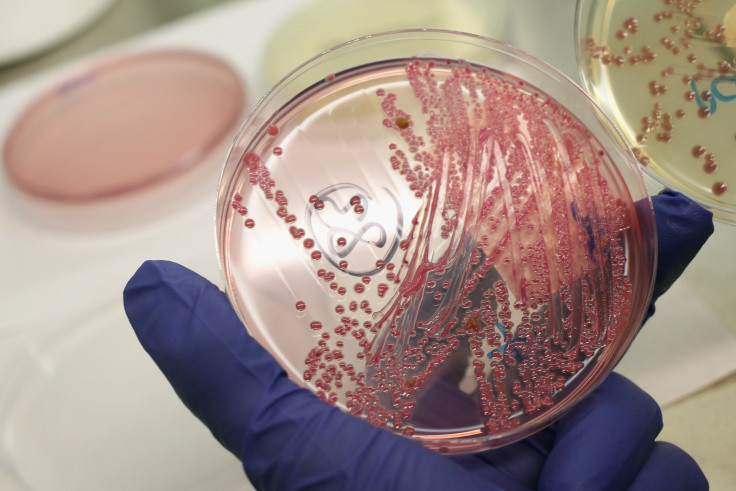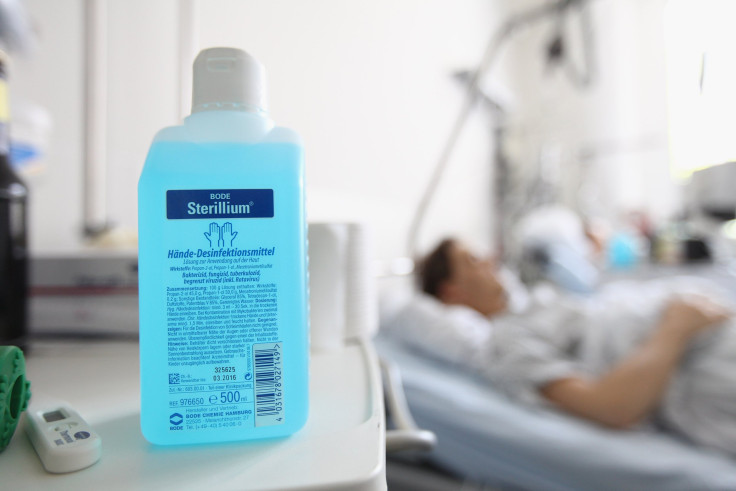What Is E. Coli? Utah Doctors Refuse To Test For Bacterial Infection Despite Deaths And Possible Outbreak

According to the latest reports published Monday, two people died and a few others infected in Utah after contracting E.coli, a bacteria that can cause intestinal failure.
It is a little-known fact that there are many of kinds of E.coli bacteria and not all of them are harmful to humans. While some E.coli bacteria live in people's stomach without causing damage, others, particularly E. coli 0157: H7, can cause intestinal infection, Healthline reported.
One can come in contact with the E.coli bacteria through contaminated food and water, by coming in contact with an unhygienic person and certain animal excrements. The symptoms of E.coli infection include Diarrhea, loss of appetite, nausea, abdominal cramping, fever, fatigue, vomiting, indigestion, bloody urine, lack of urine, pale skin, bruising, severe dehydration, kidney failure, and even death in some cases. The symptoms can start between one to five days after a person contracts the bacteria.
There could be a possible outbreak of E.coli in Utah, the health authorities of the state who were investigating the death of two residents living in Hildale, Utah due to the bacterial infection said Monday. Because of E.coli, two of the six infected residents most likely contracted the Hemolytic Uremic Syndrome (HUS), which is known to cause kidney damage, US News reported.
Read: 1 Dies, 9 Fall Sick After Eating Infected Strawberries
The deceased might have come in contact with E.coli from contaminated food or exposure to animals, David Heaton, spokesman for the Southwest Utah Public Health Department said.
According to Jenny Johnson, spokeswoman for Utah's Department of Health, 80 to 100 people out of 3 million residents in Utah are infected with E.coli every year. And on an average, a person dies every year after contracting the bacteria.
Even though the authorities have refused to confirm the identities of the deceased, the Salt Lake Tribune revealed that the victims were Gabriella Fullerton and her elder sister whose name was withheld. Fullerton’s sister was the first one to contract the bacteria, resulting in her death. Therefore, to save Fullerton from contracting the bacteria like her sister, her parents rushed her to Dixie Regional Medical Center in St. George, Utah, as soon as she started to show signs of having contracted E.coli. However, the doctors refused to treat her.
Read: Has E.coli transformed into an emergency?
Fullerton’s father expressed outrage at the fact that the hospital decided to treat the case of their daughter callously, despite the fact that they made it clear that they had already lost one of their daughter’s to the bacteria. "They didn't run a single test on her at all," Quinton, Fullerton's father said. "Not a single test. I have her medical records," he added.

Fullerton died six days after the hospital refused to treat her. "I'm devastated at the fact that at first, everyone took this as a joke," Linda, Fullerton's heartbroken mother said. "I literally had to fight for my daughter's life, and I lost it," she further added.
Terri Draper, a spokesman for the hospital, defended their policies, although he refused to comment on Fullerton's case specifically as it violated their privacy rules. "In general, our emergency department team and care providers work very hard to provide treatment thoughtfully and to the best of their skill level," Draper said adding, "We don't turn patients away."
Hildale in Washington County is home to a polygamous community known as the Fundamentalist Church of Jesus Christ of Latter-Day Saints. Utah health authorities suspect that the instances of the recent outbreak of E.coli might be limited to a particular neighborhood of Hildale. However, they said they will be able to reveal more details after proper investigation.
© Copyright IBTimes 2024. All rights reserved.






















